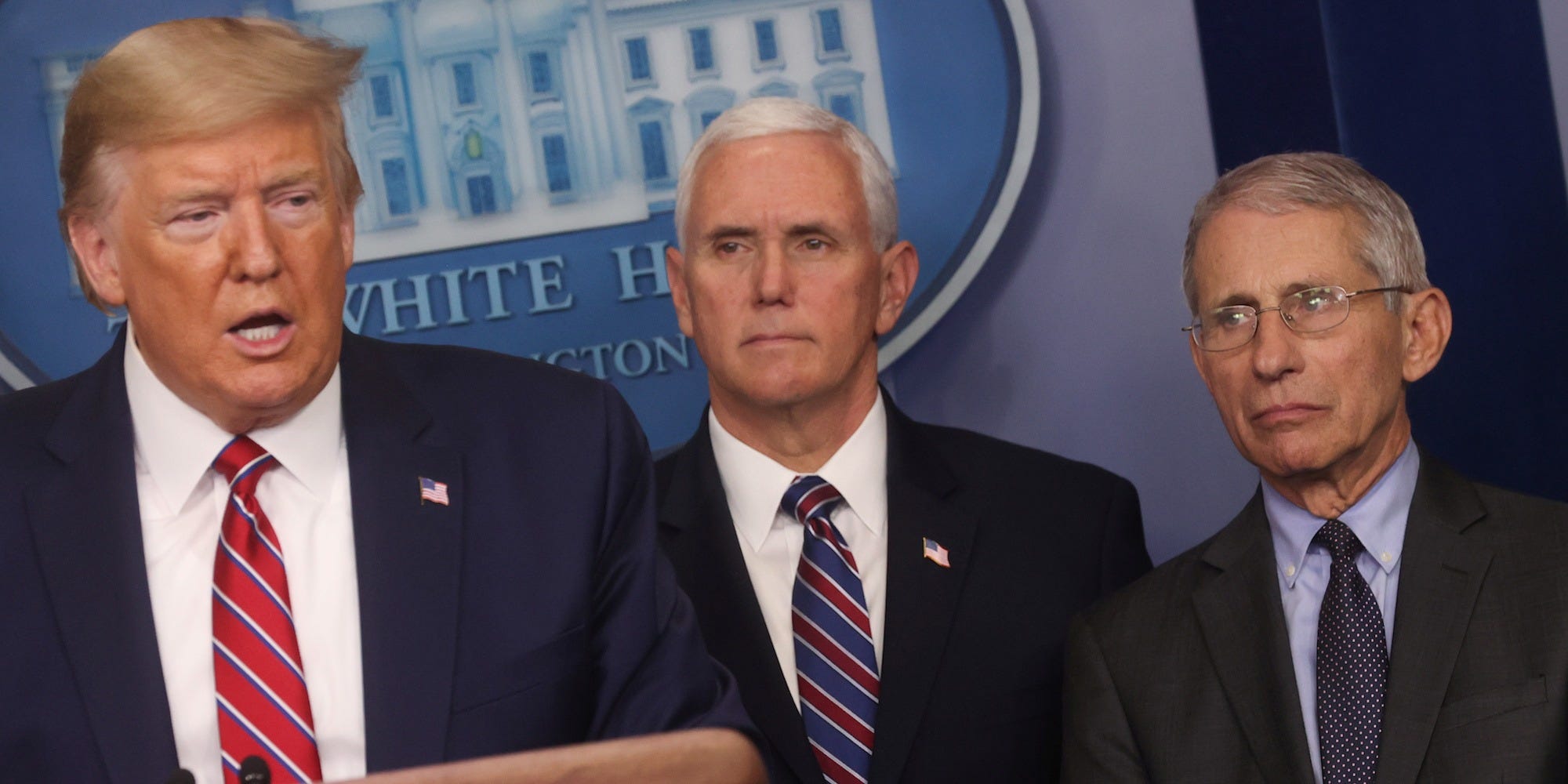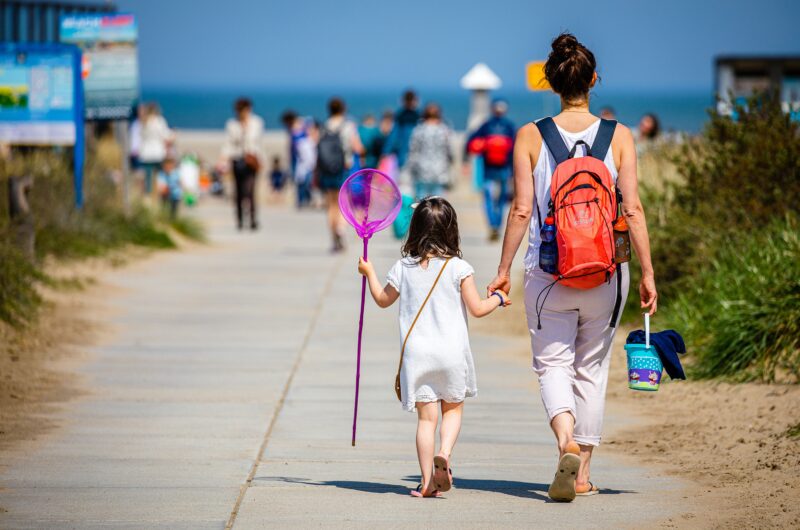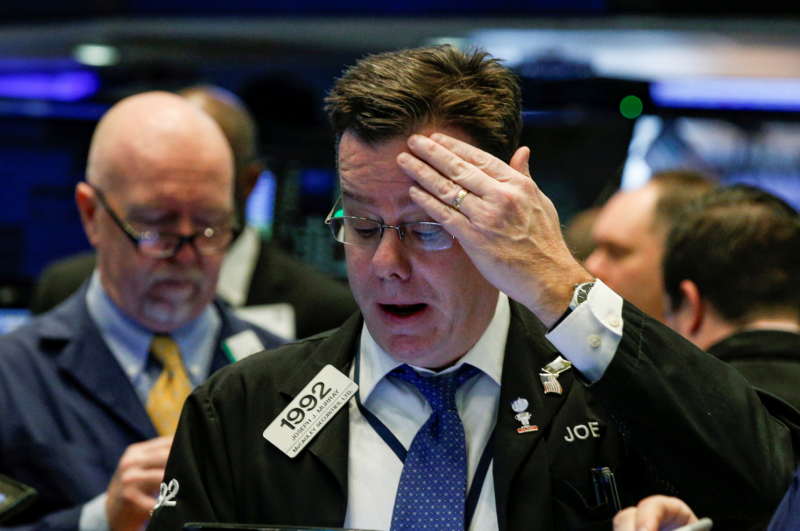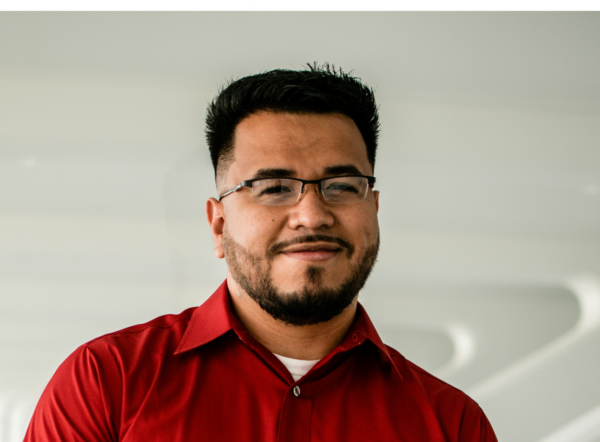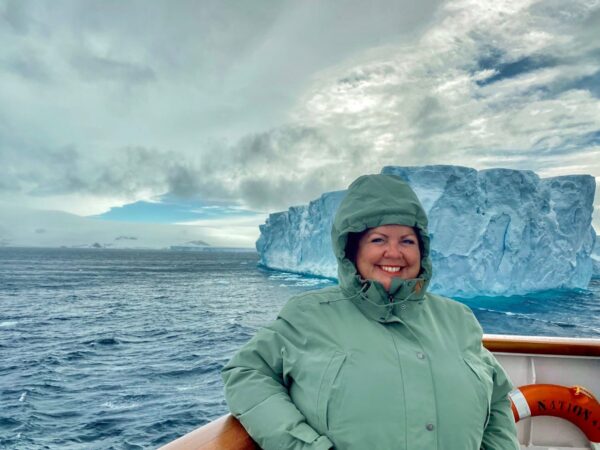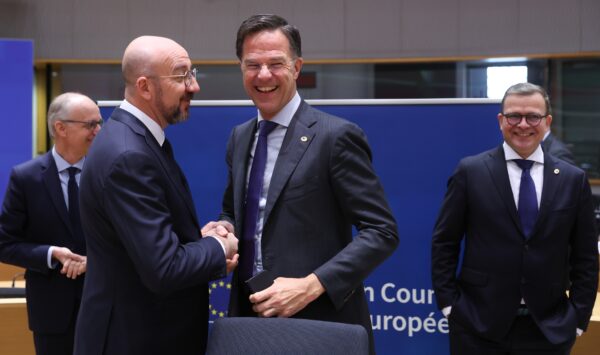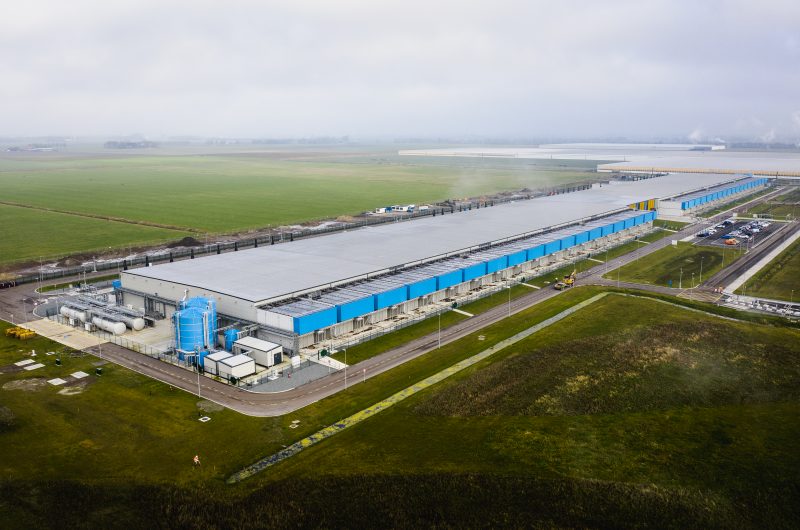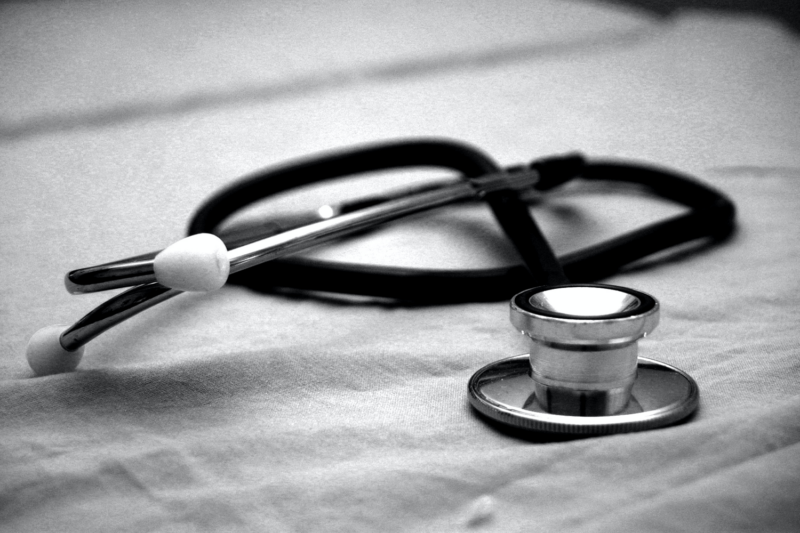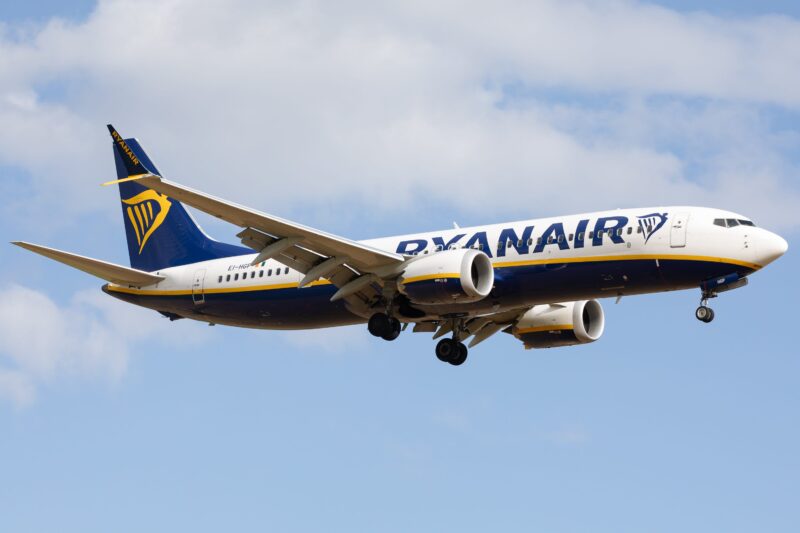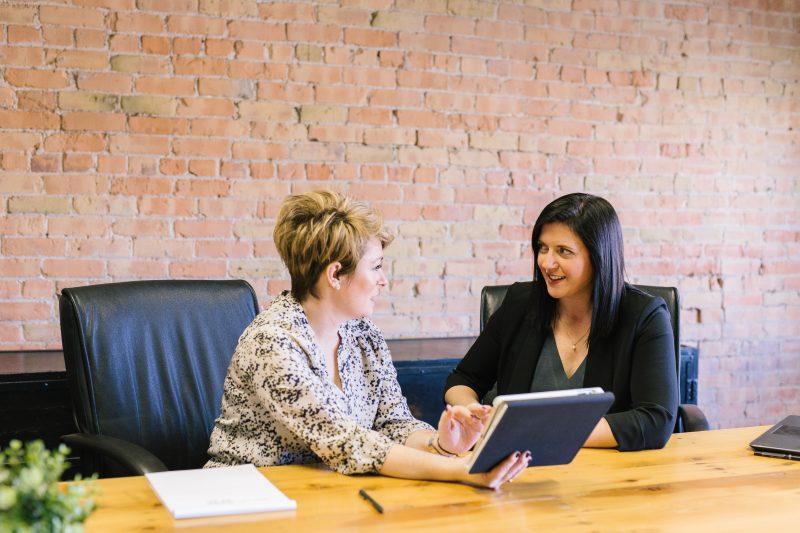- The Trump administration is waging an aggressive campaign to reopen America’s schools and the president has pressured the Centers for Disease Control and Prevention to issue new, less restrictive guidelines.
- Public health experts say it is dangerous for schools to reopen while the virus is continuing to spread within communities at high levels. The US reported 60,000 new cases on Tuesday, the highest US single day total so far in the pandemic.
- While children are at a lower risk of suffering serious health consequences from Covid-19, experts warn they could act as asymptomatic super-spreaders.
- “The highest risks are in settings with large groups of people, in enclosed spaces, for prolonged periods, in close proximity, with a lot of vocalizing. Much like a classroom, school bus, or cafeteria,” one public health expert tweeted.
- Visit Business Insider’s homepage for more stories.
President Donald Trump publicly defied the Centers for Disease Control and Prevention over its guidelines for reopening the country’s schools as the coronavirus surges across the country.
“I disagree with @CDCgov on their very tough & expensive guidelines for opening schools,” Trump tweeted on Wednesday morning. “While they want them open, they are asking schools to do very impractical things. I will be meeting with them!!!”
The president also threatened to “cut off funding” for school districts that don’t swiftly reopen.
Trump’s tweet came after CDC Director Robert Redfield insisted on Tuesday that the agency’s guidelines aren’t mandatory and shouldn’t prevent any schools from reopening.
"Nothing would cause me greater sadness than to see any school district or school use our guidance as a reason not to reopen," Redfield said during a Tuesday event at the White House. Tuesday was the highest single day for new coronavirus cases in the US, with 60,000 reported.
After the president's tweets on Wednesday, Redfield said the CDC is "prepared to work with each school, each jurisdiction to help them use the different strategies that we proposed that help do this safely so they come up with the optimal strategy for those schools."
Later, Vice President Mike Pence announced that the CDC wil issue new guidance next week for school reopenings amid the presidential backlash.
"As the president said today, we just don't want the guidance to be too tough," Pence said during a Wednesday press briefing. "That's the reason why next week, the C.D.C. is going to be issuing a new set of tools, five different documents that will be giving even more clarity on the guidance going forward."
Pence dodged questions about what specific public health measures schools will need to take to mitigate the spread of the virus.
"We know each school system has unique capabilities, different facilities, and what parents around the country should know is that we are here to help," Pence said. "We are here to work with their governors, with their local education officials, to get our kids back to school."

'Nobody should hide behind CDC's guidance'
The CDC's current school reopening guidelines include creating more space between students' desks, setting up barriers between sinks in bathrooms, and staggering class schedules, among other suggestions. Many education officials say they don't have the necessary resources or are simply unable to reopen fully under these guidelines.
Later on Wednesday, White House officials said the president will roll out his own school reopening recommendations that are less restrictive than the CDC's guidelines, NBC News reported.
Health and Human Services Secretary Alex Azar also insisted this week that the federal government would not stand in the way of any school reopenings.
"Our CDC guidance is guidance," Azar said. "When it comes to reopening our schools, nobody should hide behind CDC's guidance as a way to not reopen schools. Our guidance is to enable and empower the reopening of schools and physical attendance by our kids."
Many public health experts condemned the president's efforts to undermine the CDC's recommendations.
"This is one of the most egregious cases of political interference with science-based public health protections," Dr. Ali Nouri, president of the Federation of American Scientists, tweeted Wednesday following the White House's announcement that the CDC will issue new guidelines.
Trump is effectively politicizing the reopening of schools, arguing that Democrats and others are opposed to reopening the nation's schools because it benefits them politically to keep them closed; Trump did not explain why they would benefit from this. Democrats and health experts reject that argument.
"They think it's going to be good for them politically, so they keep the schools closed. No way," he said Tuesday. "So we're very much going to put pressure on governors and everybody else to open the schools."
Some states and localities have already indicated that they won't be fully operational in the fall. New York City Mayor Bill de Blasio announced on Wednesday that the city's schools will not be fully reopened in September, and instead bring students into classrooms between one and three days a week.
Some Democratic governors have vocally rejected the president's efforts to force states to do as he says.
"School reopenings are a state decision. Period," New York Gov. Andrew Cuomo said at his Wednesday press conference. "The president does not have the authority to open schools."
Cuomo added, "Nobody wants the schools open more than I do," but said he'll only move forward with reopenings if it's safe to do so.

'Near-ideal super spreading conditions'
The discussion about schools reopening comes as the US is seeing dramatic surges in infections across the country.
The country has broken its record for most new infections in a single day six times in the last 13 days. While the president has repeatedly celebrated the relatively low death rate, scientists and health experts warn the death rate may begin to rise again as the surge remains uncontrolled.
States across the Sun Belt and in the West, many of which reopened their economies in violation of the CDC's guidelines, are being particularly hard hit.
Public health experts say successfully suppressing the spread of the virus is a prerequisite for safely reopening schools in the fall. They worry that the Trump administration is approaching school reopenings in the same way it pressured states to reopen their economies this spring.
Jeremy Konyndyk, the former director for foreign disaster assistance at USAID who led the Ebola response in West Africa under the Obama administration, argued the Trump administration is pushing ahead with school reopenings without having the spread contained and the proper mitigation measures in place.
"There's no silver bullet fix for our economy or or schools. We have to do the hard slog of containing the virus before we can start getting back to a new economic and educational normal," Konyndyk wrote in a series of tweets on Wednesday. "The longer we treat those as distinct priorities, the longer we're screwed."
He argued that while relatively little is known about how the coronavirus impacts children, schools "present near-ideal super spreading conditions" that could easily foster new, devastating outbreaks all over the country.
"The highest risks are in settings with large groups of people, in enclosed spaces, for prolonged periods, in close proximity, with a lot of vocalizing. Much like a classroom, schoolbus, or cafeteria," Konyndyk tweeted. "When there is a lot of ongoing local transmission, inadequate and slow testing, and insufficient tracing, it's not a manageable risk.
Dr. Ashish Jha, director of the Harvard Global Health Institute, argued that the question isn't whether states can reopen their schools, but whether they can prevent new spikes and keep schools open for any sustained period of time.
1. We actually DO want public health experts to shape how we open schools
2. Ignoring CDC has been a pretty bad strategy so far
3. Question isn't can we open schools. Sure, we can open schools
Question is: can we keep schools open?
If we ignore science, the short answer is no https://t.co/eBXqPEGgE0
— Ashish "The pandemic is still with us" Jha (@ashishkjha) July 8, 2020
Evidence shows that children under 12 years old are at relatively low risk of serious health consequences from contracting the coronavirus, however they may still pass the virus on to older children and adults.
Dr. Deborah Birx, the White House's pandemic response coordinator, noted during Wednesday's briefing that the age group that's undergone the least amount of testing is children under 10 years old. She also noted that children have been very well protected over the last several months, given school closures and stay-home orders, making it harder to understand how the virus impacts them.
Birx added that multi-generational homes will be most at-risk once children go back to school and face potential exposure to the virus, as kids could spread Covid-19 to their more vulnerable family members.
Testing will be key to preventing and containing outbreaks associated with schools, but most states don't yet have that testing in place.
